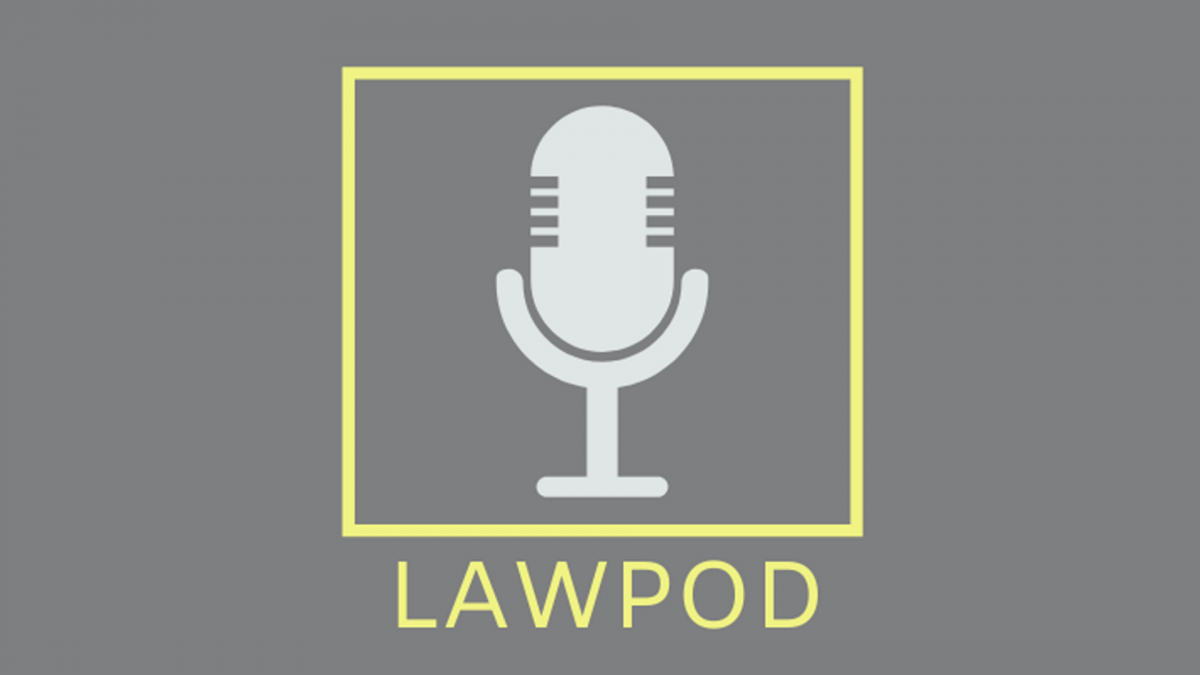
BY Annabel Oromoni from Law Times 15 Sep 2021
Pandemic highlighted benefits of podcasting as law firm education tool: legal tech company
Ease of obtaining information and free resources makes information accessible
Investing in innovative legal programming can give law firms a competitive edge in the legal recruitment process and provide a more effective service for clients, says Clio senior affinity manager Emma Raimi-Zlatic.
Raimi-Zlatic says the pandemic highlighted ways legal technology can “streamline and improve a firm’s processes.”
Podcasting in the legal landscape is yet to be widespread, but Raimi-Zlatic says it creates accessibility in “providing more options for lawyers to gain legal education and learn about the areas that maybe they don’t touch upon locally.”
She says lawyers should use podcasting as an innovative digital tool to provide easy access to legal education.
“I think there might not be legal professionals that have access or understand podcasts right now at the technology side, but I think that’ll grow.”
Clio is a legal technology provider for lawyers and legal professionals worldwide and provides cloud-based management software a customer relationship management system, and client intake software.
Raimi-Zlatic says the ease of obtaining information and having access to free resources no matter where legal professionals are located creates an equal justice system for everyone.
“You don’t have to join a conference in person or pay a lot of money.”
Stacy Zosky, co-host of LAWPOD, the Law Society of Ontario accredited podcast for lawyers and paralegals, said in an interview with Law Times last year that podcasting is an effective way to reach the broad legal community. “It serves a purpose that I think is needed to get the information to more people in a fun and interesting way,” said Zosky.
LAWPOD focuses on content relevant to equality, diversity and inclusion, mental health and legal technology.
Raimi-Zlatic says legal tech companies should provide legal professionals with better training and education options and be “practical” in their approach, particularly in mental health topics.
With more legal professionals graduating, she says law firms should teach lawyers how to use different legal tech tools for marketing their firm while making sure they stay ethical.
“I think at the end of the day, it’s kind of just understanding the tools and technology and resources that are out there to support [lawyers] to be more innovative.”
Clio will be hosting a law firm automation webinar in September and a virtual Clio Cloud Conference in October that will focus on the top technologies legal professionals can use to maximize the efficiency of their firms and create new “levels of success.”
Andrea Alliston, the knowledge management partner at Stikeman Elliott LLP, recently told Law Times that with clients embracing a hybrid work environment, law firms need platforms like Clio, Microsoft Teams and HighQ to support hybrid work and provide legal teams with the tools required for video and audio communication, project management and document-sharing.




